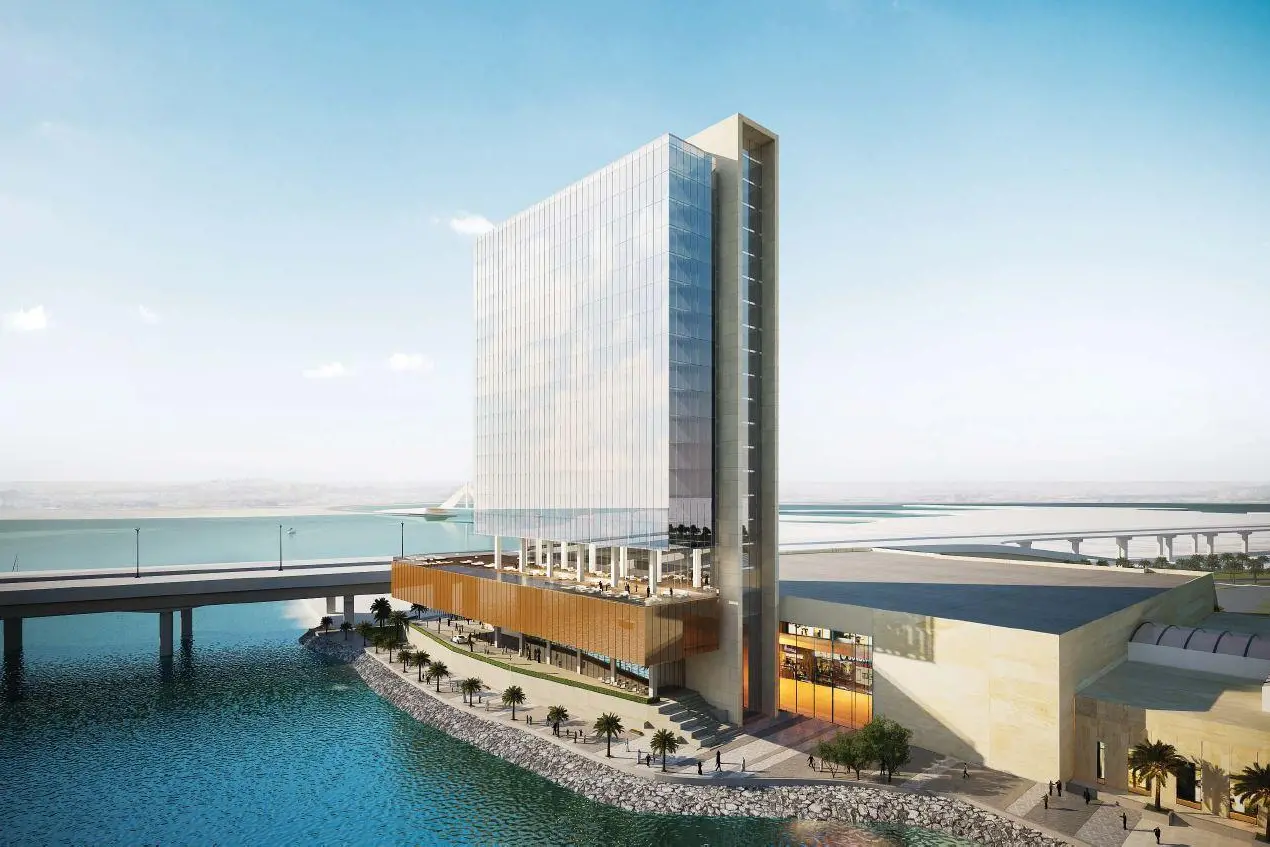PHOTO
Economic growth and the changing tastes of young travellers are leading to increased demand for three- and four-star hotels in Saudi Arabia, the United Arab Emirates and Egypt, a senior Hilton official has said.
Carlos Khneisser, Hilton Worldwide’s vice-president for development in the Middle East, North Africa and Turkey, said that the company currently has seven new hotels in the pipeline in Egypt that it will add to its 17 existing locations in the country.
It also plans new hotels in the Saudi Arabian cities of Makkah and Jeddah, along with more properties in Dubai. Most of the planned hotels are three- and four-star properties, Khneisser told Zawya in an interview on Sunday.
"We are moving into new types of hotels that attract the demands of new clients and the younger generation," Khneisser said on the sidelines of the Cityscape conference in Dubai on Sunday.
"Makkah, Jeddah and Dubai are the top three hub areas in terms of developments (in the GCC). Maybe they are saturated in the high-scale segment, but there is still an appetite for the mid-scale segment," he added.
Saudi Arabia and the UAE are the GCC’s two biggest economies. Both countries’ economies have been hit by the sharp decline in oil prices that started in 2014, which led to a slowdown across the region.
Egypt, the most populous Arab nation, on the other hand, has been affected by political turmoil that has followed since the Arab spring wave of protests began in 2011.
The country has recently begun an economic reform program that has included a free float of the Egyptian pound, which has slashed its comparative value by almost half and made it cheaper for foreign investors to buy land and invest in the country.
"There are new leads, especially in Cairo, in the new administrative city... there is activity," Khneisser said. Egypt is currently building a new city to host most government office functions on the outskirts of the capital.
In Dubai, Khneisser said Hilton has launched three mid-scale Hilton Garden Inns in 2015 and plans to launch another mid-scale hotel brand, Hampton Inn by Hilton, in 2018.
"In Makkah, for the last maybe 30 years, most of the hotels there were five stars, international brands. Mid-scale operations did not exist," he said.
He said that Hilton last year signed a deal for its first Hampton Inn in Makkah, though, and also plans two other large, mid-scale hotels in the holy city.
He said the rise of mid-scale hotels is a sign of economic maturity.
"The more those cities mature, the more you see the midscale segment entering the market," Khneisser said.
In Egypt, he added, there are a lot of opportunities to invest in hotels as a result of the government's economic reforms,especially in secondary cities that are under-represented. For instance, Hilton has recently signed a deal for a new Hilton Garden in the Egyptian Nile delta city of Damietta.
“In the Middle East, investors and owners are now starting to understand the values of those (mid-scale) hotels… that they are low-risk, you can build them in one and-a-half years, and the return on investment is quite appealing."
A pair of recent reports published by Colliers suggested that the hotels market both in Saudi Arabia and Egypt are enjoying strong growth, with the Kingdom, specifically, seeing new hotels being built on a rapid scale.
In Makkah, for instance, the number of hotel rooms is set to grow at a compound rate of 37 percent a year – from 15,420 at the end of June to 39,898 by the end of 2019. Hotel room numbers in Jeddah are also due to grow by 33 percent a year – from 6,009 by the end of June to 12,866 at the end of 2019.
Growth rates in Egypt are more modest, with hotel room numbers in Cairo set to grow by 5.2 percent – from 15,900 in June to 18,524 by the end of 2019.
© Zawya 2017





















